Infectious diseases continue to emerge worldwide, posing significant threats and disrupting lives. Pandemics instill fear and chaos, as seen with the 1918 Flu and HIV/AIDS. By examining past pandemics like the Black Death, cholera, and smallpox, we gain wisdom to navigate future health crises. Let’s delve into these insights and chart a course toward a brighter future amidst COVID-19 and future pandemics.
1. Global Cooperation Is Essential

Pandemics disregard borders, demanding a global collaborative effort for effective combat, from sharing information, pooling resources, and collectively seeking solutions. The Covid-19 pandemic shows how important it is for countries to come together and tackle health crises.
2. Education is Key

During the Black Death and Cholera pandemics, people didn’t know how these diseases spread or how to prevent them, causing a lot of fear and panic. But as medical knowledge improved, so did our ability to control and treat these illnesses, showing how important education is in dealing with pandemics.
3. All Ages are Affected
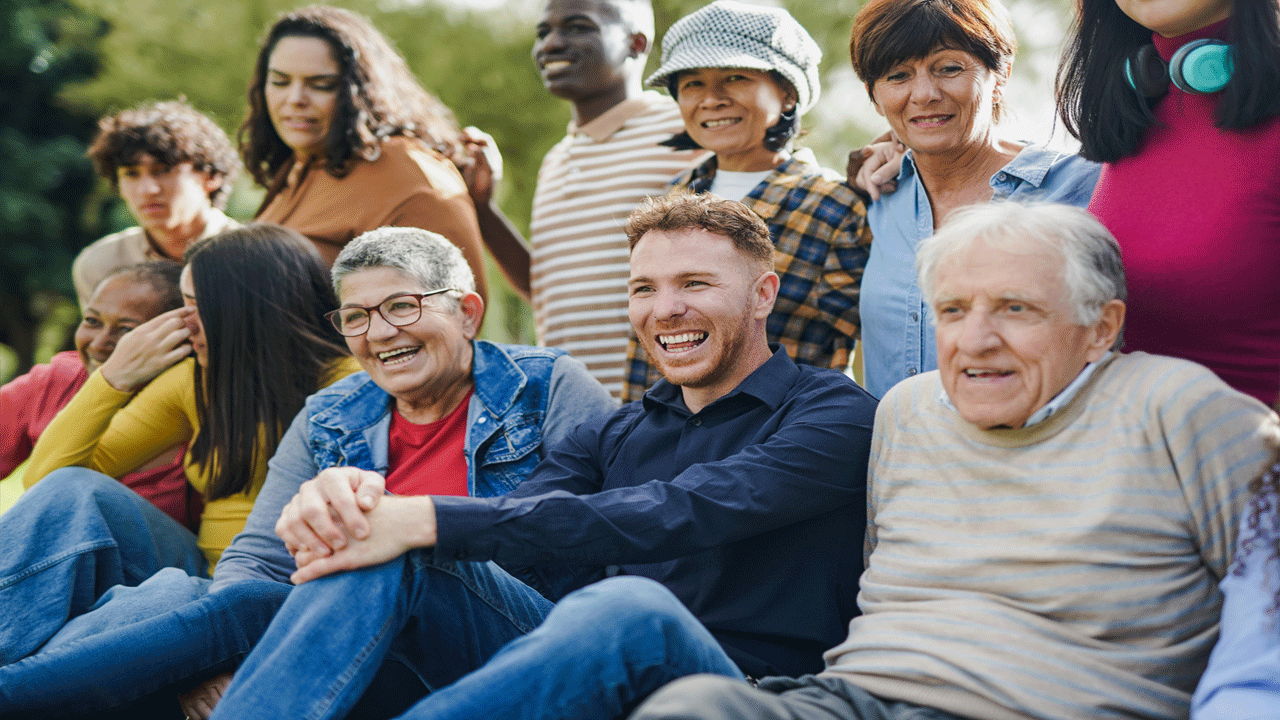
While it’s true that older individuals and those with underlying health conditions are more susceptible to severe illness during pandemics, it’s important to remember that no age group is exempt. The 1918 flu affected young, healthy individuals. Even though young people may not experience the same severity of symptoms with certain viruses, they can still spread the disease to vulnerable populations.
4. The Importance of Preparedness

One thing that has become clear from past pandemics is the importance of being prepared. This includes having proper infrastructure, such as adequate healthcare facilities and supplies. Governments, organizations, and individuals must invest in preparedness measures before a crisis hits to minimize its impact and save lives.
5. It Will End

Though pandemics may seem never-ending, it’s important to remember that they will eventually end. While there may be uncertainties and challenges along the way, history has shown us that with the proper measures and resilience, we can overcome even the most devastating of pandemics.
6. Don’t Blame the Sick

During a crisis, seeking someone or something to blame is common. But it’s crucial to remember that no one is to blame for a pandemic. We should refrain from stigmatizing or discriminating against the sick as it only worsens the situation. Instead, let us come together, offering compassion and understanding to those who are unwell.
7. Good Hygiene Makes a Difference

Practicing good hygiene is paramount in curbing the spread of a pandemic. Regular handwashing, refraining from touching our faces, and staying home when unwell can make a difference. It may seem like simple measures, but they can significantly prevent the spread of diseases.
8. Trust Science and Experts

In times of uncertainty, it’s easy to fall for misinformation or conspiracy theories instead of following the advice of experts. But in a pandemic, it’s crucial to trust science and listen to the experts who have dedicated their lives to understanding diseases and finding solutions.
9. Stay Stocked Up on Essentials

People must have a plan for their well-being during a pandemic. That means having essential items like food, water, and medication in case of a quarantine or lockdown. Stocking up ahead also helps prevent panic buying and shortages, which can strain resources during a crisis.
10. We Should Support Those in Need

Pandemics hit marginalized communities harder because of limited healthcare and resources. That’s why it’s so crucial for all of us to come together and help those in need. You can lend a hand by volunteering at a local food bank, donating to organizations that support vulnerable populations, or simply checking in on elderly or immunocompromised neighbors.
11. Animal to Human Viruses Happens

With the SARS Virus of 2002, the 2009 Swine Flu, and the MERS Virus of 2012, it has become evident that animals can spread a virus to humans. This knowledge makes monitoring and addressing any potential animal outbreaks, especially those close to human populations, important. If you are in contact with animals, regardless of whether there is a pandemic or not, thoroughly wash your hands after ending contact and try to touch your eyes or mouth before you wash.
12. This Can Be Long-Term

Individuals infected with the 2013 Ebola and the COVID-19 virus have faced long-term consequences like fatigue, breathlessness, and mental health challenges. It’s important to acknowledge that the effects of a pandemic can last long after it’s over and to seek help if needed.
13. Start Healthy Habits
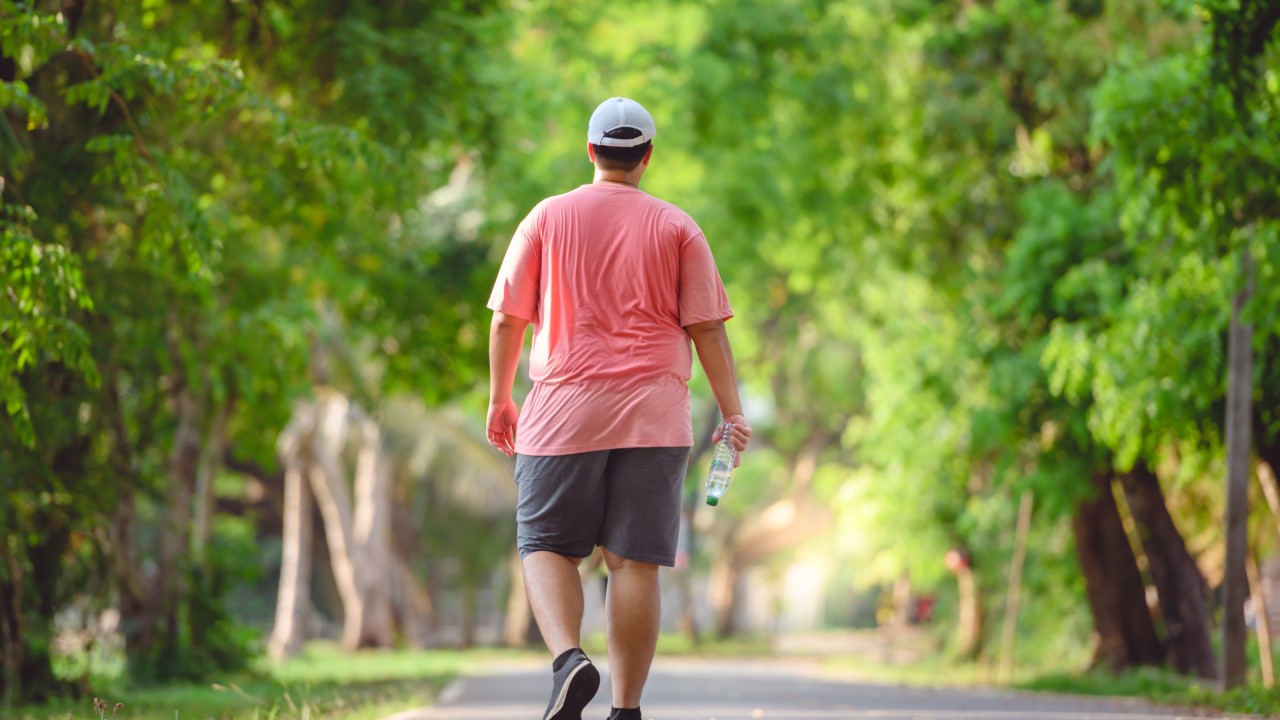
The COVID-19 pandemic has brought attention to the increased risk faced by people who are immunocompromised, elderly, unhealthy, or obese. Developing healthy habits now is important to protect ourselves and our communities from potential future viral outbreaks. This means exercising to strengthen your muscles and cardiovascular system so you are better able to fight diseases.
14. Correct Diagnosis is Essential

While the Ebola virus of 2013 wasn’t as infectious as some viruses, it became one of the deadliest because it was mistaken for cholera. Early detection can save lives, especially in the beginning stages of a pandemic situation.
15. Healthcare Workers are Heroes

During pandemics, healthcare workers are the true heroes, going above and beyond to care for others and greatly impacting public health. Every day, they put their lives on the line to help others in need. Ensuring they have the proper training and resources to keep them safe while fighting the spread of viruses is essential.
16. We Need to Work Together
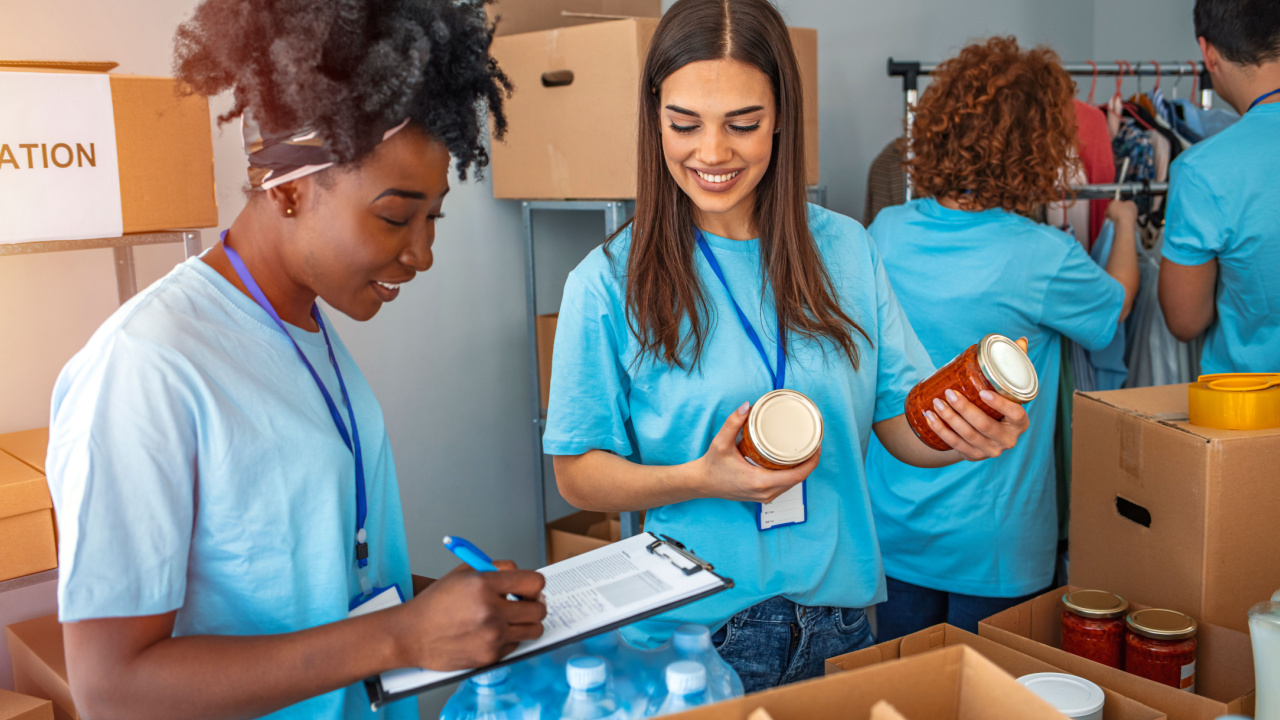
Dealing with a pandemic demands a joint effort from everyone: governments, organizations, communities, and individuals. We are all responsible for following guidelines and taking necessary precautions to stop the spread of diseases.
17. Staying Informed is Key

During a pandemic, staying informed and up-to-date on the latest developments and guidelines is crucial. Being well-informed can help individuals make educated decisions and protect themselves and others.
18. Mental Health Matters

Pandemics affect not only physical health but also mental health, and the uncertainty, fear, and isolation that come with a pandemic can take a toll on one’s mental well-being. During these times, it is crucial to prioritize self-care and seek support when necessary. Additionally, checking in on the mental well-being of friends and family members is paramount.
19. The Power of Community

During a pandemic, many people feel isolated and lonely. Remembering the power of community, coming together, even virtually, can bring comfort and help in tough times.
20. Outbreaks are Going to Happen

As much as we try to prevent them, outbreaks are inevitable. We can never reach the point where a pandemic will never happen. It’s important to stay informed and prepared if an outbreak occurs. Follow guidelines from health officials and have a plan for yourself and your loved ones.
21. The Importance of Empathy

Pandemics affect everyone differently, and showing compassion towards those who may be struggling is essential. In times of crisis, it’s important to remember empathy and understanding for others.
23 Smart Ways to Preserve Food
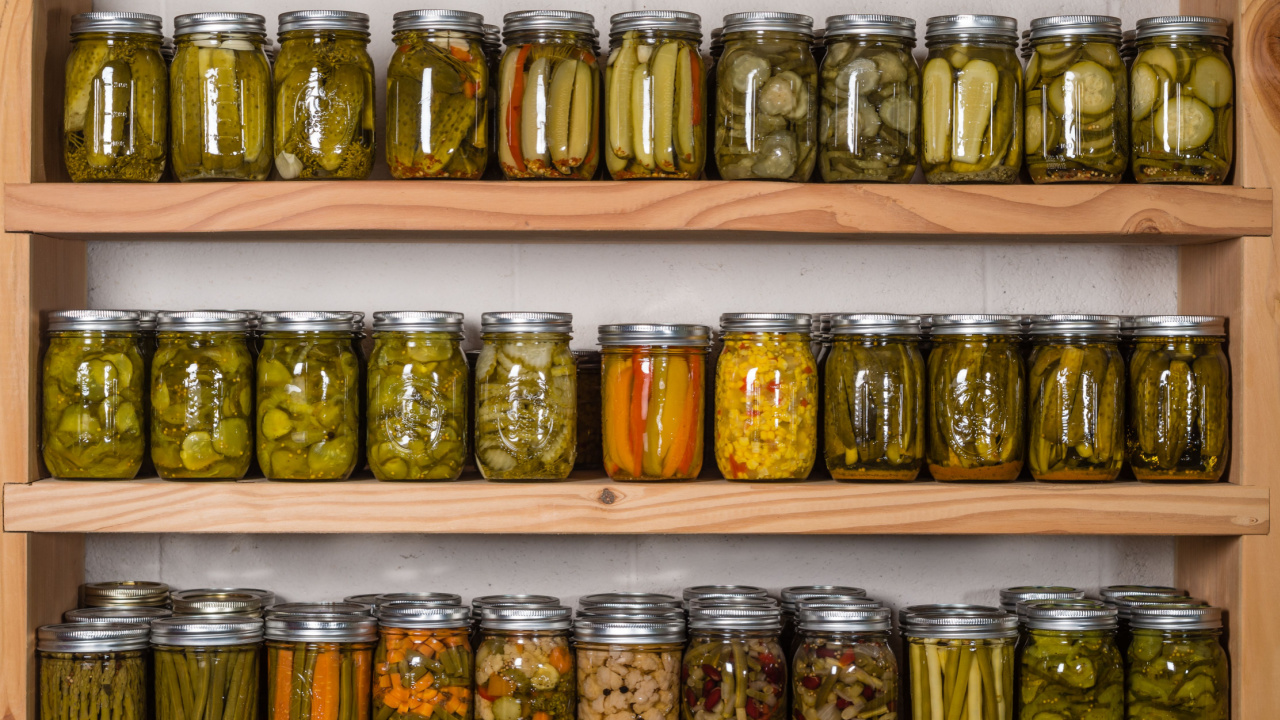
Preserving food is an art as much as it is a science, tapping into our ancestral roots and addressing modern needs. Whether you’re looking to avoid waste, prepare for leaner times, or simply enjoy the fruits of your labor year-round, these 23 smart methods will guide you through. I’m a huge fan of preserving things I find on sale, gluts of produce from my homestead, or produce I’ve bartered with someone else.
25 Winter Foraging Foods to Save Money on Your Grocery Bill
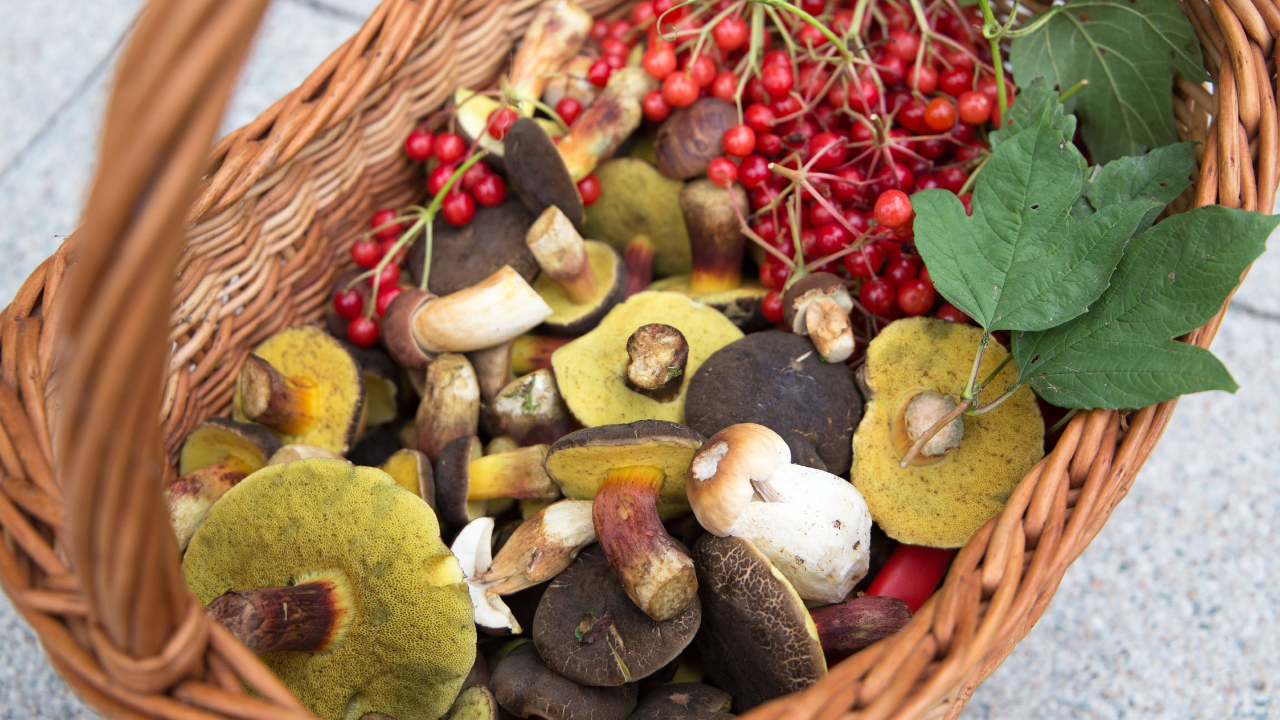
With food prices going up by 15% from October 2021 to October 2023, finding ways to cut down your grocery bills is more important than ever. Winter foraging is an awesome way to add to your pantry for free. Yes, you get free food in the form of wild edibles, but it’s also fun for the whole family, gets you moving, and reconnects you with nature. Even though foraging in winter seems hard compared to the bounty of late summer, there’s still plenty out there if you know where to look. Plus, if things do go south, you need to know how to get wild foods to survive when there are no old-world supplies to access.
12 Money Mistakes That Can Leave You Vulnerable in a Crisis

In times of uncertainty, financial stability is more crucial than ever. While prepping for physical emergencies is vital, don’t overlook financial prepping. Avoiding these common money mistakes can help make sure you’re in a stronger position to weather any storm.
Becky is a wildlife enthusiast and pet and livestock care expert with a diploma in canine nutrition. With over a decade of experience in animal welfare, Becky lends her expertise to Simple Family Preparedness through insightful info about pets, livestock, bee keeping, and the practicalities of homesteading.

